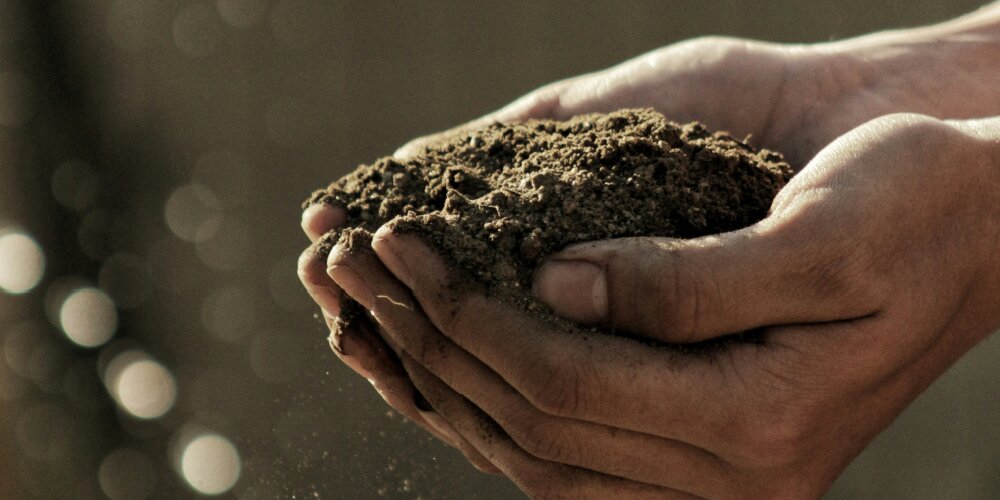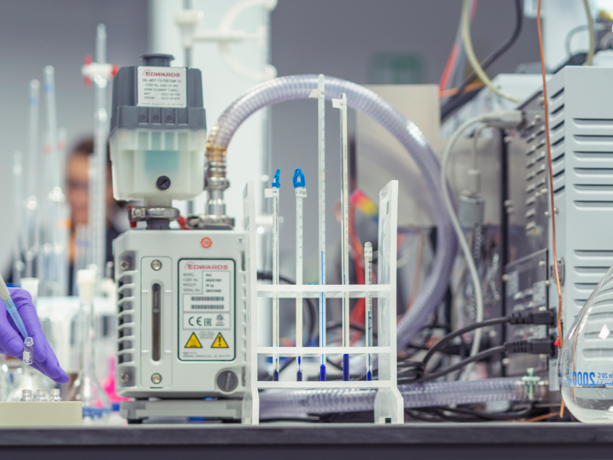New Bacterial Battery Harvests Energy From the Soil to Recharge

Understanding field conditions like alkalinity, moisture content, and the mineral composition of soil is vital to those within farming and agriculture. These figures allow farmers to make informed, data-based decisions about when to sow or harvest, helping them achieve the best possible yield each year.
This data has traditionally been gathered using electrically-powered sensors.
However, due to the circumstances in which they’re installed, powering these sensors has been problematic. Excess moisture and long lines of cabling are impractical to use in an agricultural setting, whilst single-use chemical batteries or weather-reliant energy systems like solar panels are inefficient - and could potentially leave costly gaps within the data.
In an effort to resolve this issue, a spin-out from the University of Bath has developed what they’re calling the ‘Bactery’ – a novel type of battery that uses microorganisms from the soil to generate power. Instead of conventional chemicals, the bacteria battery (or ‘Bactery’) uses electrons generated by electrogens in the soil.
Electrogens are a type of natural microorganism that produces electrons during the consumption of organic materials. The flow of these electrons can then be collected and used by the battery to provide constant power in an environmentally-friendly, unobtrusive manner.
This isn’t the first test of their technology either. The initial proof of concept was conducted in 2019, when the team field-tested a soil-powered water disinfection device for decentralised communities in Icapuí (a remote village in the north-east of Brazil). Since then, the team has been working towards improving the scalability of the device to make it more feasible for use within the agricultural sector.
One issue the technology will face is that the working environment for the Bactery must be anaerobic; the presence of oxygen would prevent electricity generation as the electrons would attach to the gas molecules instead.
According to chemical engineer and Bactery CEO Jakub Dziegielowski, the team has recognised the need for anaerobic conditions, suggesting that ‘you can either install the technology in environments that accommodate this, or semi-engineer the environment to minimise the dependence on moisture’.
Although set for refinement over the next couple of years, the Bactery remains an interesting and novel solution to ‘install and forget’ agricultural sensors that could have a big impact on the future of farming.
Considering a dive into new product development?
Then you know how important understanding material composition and physical behaviour under varying temperature conditions is within the design and function of a new product.
At The Lab, we have the perfect test to give you the answers you seek. Our differential scanning calorimetry testing capabilities mean our team is able to determine how a material or product behaves during phase changes, or under specific temperatures and timeframes.
Find out more today, or contact our team for an obligation-free consultation today.
Discover differential scanning calorimetry with The Lab
For more of the latest news, information, and industry insights, explore The Lab’s News and Knowledge Hub…
Scientists Unveil New Technology to Improve Biofuel Production | Researchers Develop New Atomic Force Microscopy Technique | New Research Examines Corrosion on Atomic Level
- Date
- 19/09/2024
